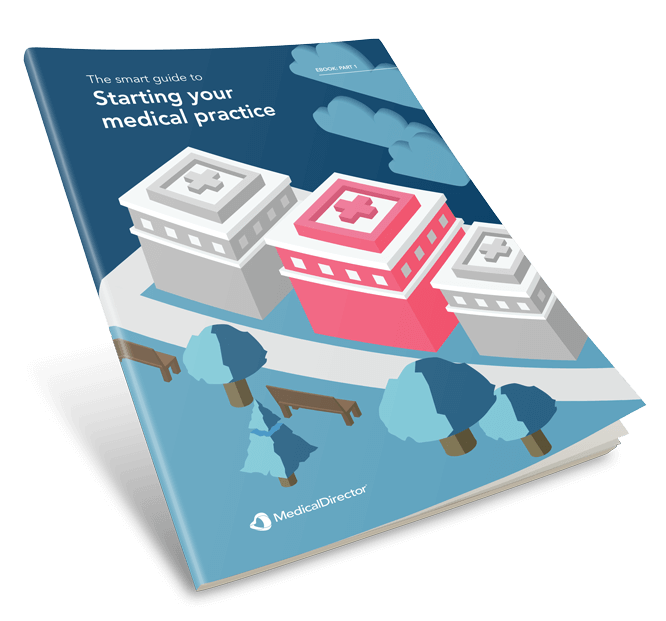How to Write a Business Plan for Medical Practice
You learn a lot in medical school, but business planning isn’t a focus. However, many health care practitioners go on to run their own businesses where developing a business plan becomes essential.
If you’re planning to start your own practice, or you’re taking over someone else’s medical business and want to run it effectively, it’s a good idea to spend some time working out the details and putting together a formalised plan first. You may also want to get professional advice on your business planning, and any other aspects of running your medical practice you’re not sure about. In the meantime here are a few business planning basics to get you started.

Why have a business plan for your medical practice?
While it can be tempting to just dive right in and start setting up your new medical practice, a business plan can help you get prepared and make sure you stay on the right track as your practice grows.
A solid business plan is the foundation of any successful medical practice. With a business plan you can identify potential issues upfront and devise a strategy to avoid them. You can also set realistic goals for your business to help you keep moving in the right direction. If you’re looking for funding at any stage, you’ll also need to have a business plan. Most medical practices will struggle to get a business loan without a solid business plan in place.

What to include in your medical practice business plan
Your business plan should include the following:
- A summary of your business, including the medical services you provide, your location, and the history of the business.
- Financial information including projected cash flow, outgoings like medical equipment, marketing and practice management software costs and projected turnover.
- Operational factors like trading hours, fees, staffing and potential suppliers
- Risk identification and management – details of how you will manage the biggest potential risks, e.g. malpractice insurance, other insurances, data security and your credentialing process.
- Marketing – how you will get new patients and retain the existing ones.
As well as all the information about your medical practice and strategy, it’s also important to set goals and targets for your new venture. These should be in your business plan so you can keep track of them and make sure you’re working towards them consistently.

Making sure you have a solid business plan
So how do you make sure your medical practice business plan is solid? It’s very easy to have your plan in your head, but if you don’t get it out, it’s going to be hard for anyone else, especially the other providers and support staff in your practice to implement it. So the first step is to put it down on paper, or in a word document.
Once you’ve got a detailed plan on paper, don’t just put it in a drawer and leave it. Business planning should be a regular task for you and your business partners. Once you have your business plan in place, make sure you review it at least once a year, preferably more and update it as your business priorities change.

Writing a business plan for your medical practice might seem like a time consuming task, but it’s well worth the effort. With a strong business plan, you can grow your practice, achieve your goals and avoid many of the pitfalls that can trip up practice owners who haven’t taken the time to plan ahead.










